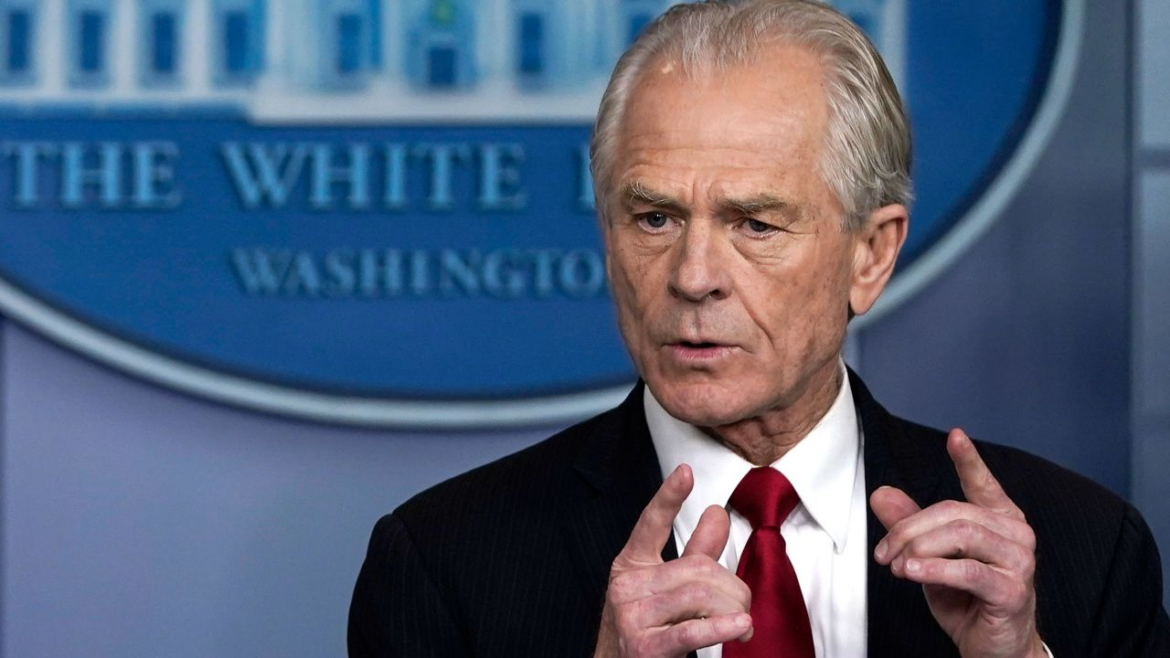Peter Navarro, appearing on “Sunday Morning Futures,” vigorously defended President Trump’s tariff policy as a catalyst for unprecedented economic growth and market stability, despite prevailing media skepticism. Hosted by Jackie DeAngelis, the discussion centered on how these economic strategies align with broader fiscal policies aimed at promoting business growth, consumer benefits, and overall economic expansion.
Market Stability and Economic Expansion
Navarro emphasized the importance of investor patience and confidence, particularly highlighting that “you can’t lose money unless you sell,” advising investors to hold their positions through the market’s volatility. He predicted a substantial boom in the stock market, attributing this optimism to the foundation laid by Trump’s economic policies.
Pro-Business and Pro-Consumer Policies
The conversation also touched on the synergy between Trump’s tariffs, deregulation, tax, and spending cuts, which DeAngelis noted are collectively pro-business, pro-consumer, and pro-growth. Navarro supported this view by pointing out recent economic reports that signal robust expansion and strength, contrasting this reality with what he described as the media’s recession narrative.
Impact of Tariffs on Revenue and National Debt
A significant portion of the discussion was dedicated to the fiscal benefits of the tariffs, with Navarro explaining their dual role in generating revenue and mitigating national debt. He estimated that tariff revenues could amount to $600-700 billion annually, accumulating to $6-7 trillion over a decade, which would underpin tax cuts and debt reduction efforts.
Addressing Trade Deficits and International Trade Cheating
Navarro articulated concerns over long-term trade deficits that have, in his view, compromised U.S. economic sovereignty by transferring ownership of critical assets to foreign entities. He criticized the existing international trade frameworks as inherently biased against the U.S., outlining non-tariff barriers like VAT taxes, currency manipulation, and export subsidies as major issues. According to him, these practices not only undermine the U.S. economy but also pose threats to national security.
Conclusion
The interview underscored a strong endorsement of Trump’s economic policies from a key advisor, projecting a message of economic resilience and strategic foresight aimed at reinforcing U.S. economic and security interests globally. Navarro’s insights reveal an administration confident in its approach, seeking to reshape global trade practices to favor American economic interests.

